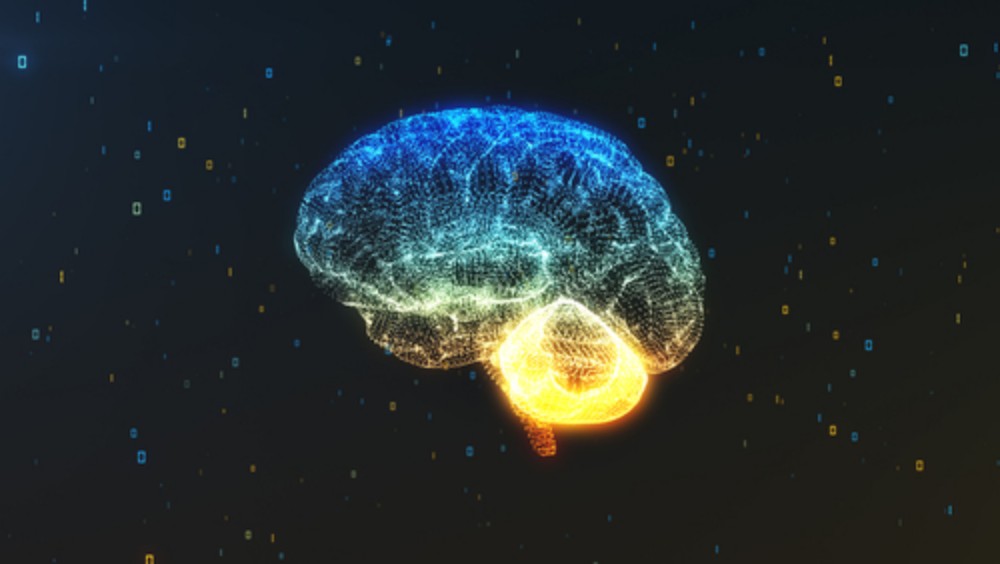Two years later after the 2017 bombing that took place after an Ariana Grande concert, Grande is still experiencing the traumatic aftermath. A suicide bomber detonated a homemade bomb as people were leaving Grande’s concert, killing 23 people and injuring 139 people. Grande’s exposing photo of her brain while suffering post-traumatic stress disorder can have the potential to prove just how real on a physical level PTSD can be on the brain.
What Kind of Photo Did Ariana Grande Show Of Her Brain?
Grande posted a photo on Instagram of a photo of a typical brain alongside a photo of what the brain looks like when experiencing PTSD. She then uploaded another photo that her brain looks similar to the brain of someone with PTSD. The photo shows a significant amount of highlighted regions to show how serious her PTSD is.
What Can the Brain Show About PTSD?
In 2010, a study in the Journal of Neural Engineering showed how magnetoencephalography was able to the comparisons between a typical brain and one from someone suffering PTSD. Studies have shown dysfunction in the amygdala, hippocampus, and prefrontal cortex in the brains of those with PTSD. Other scans that show the impact of traumatic stress on the brain can include an MRI, positron emission tomography, fMRI, and single-photon emission tomography. Dialogues in Clinical Neuroscience say that on a brain scan, a person with PTSD may show a smaller hippocampus, increased amygdala function, or increased cortisol levels in response to stress. It is hard to know for sure whether or not this photo of Grande’s is showing her PTSD, but it is possible for a brain scan to be able to tell.
How Did Grande Help Get Through Her PTSD?
It was a struggle for Grande after dealing with the aftermath of the bombing tragedy. She said that it would be hard for her to talk about the tragedy without crying. Grande helped herself get through the trauma by doing something nice for the families of the bombing victims. She held a televised benefit concert, One Love Manchester, at the Manchester Arena where the bombing occurred and raised $23 million to donate to the bombing victims and the affected families. By being able to see what your brain looks like when you are experiencing PTSD, patients will know whether or not you are struggling with this mental illness and what can be done.
If you or someone you love is struggling with addiction, now is the time to reach out for help. At Arbor Behavioral Healthcare, you will meet knowledgeable, compassionate professionals that understand addiction in all its forms. The Arbor uses an integrative and holistic approach to treat addiction and mental health issues. No treatment is one-size-fits-all, and at The Arbor, you will have a team of experts prepared to create your customized treatment plan. We offer care for your mind, body, and spirit so that you can heal from the inside out and look forward to a lifetime of sobriety and wellness. If you are ready to take the first step in your recovery, please call us at 844-413-2690.

